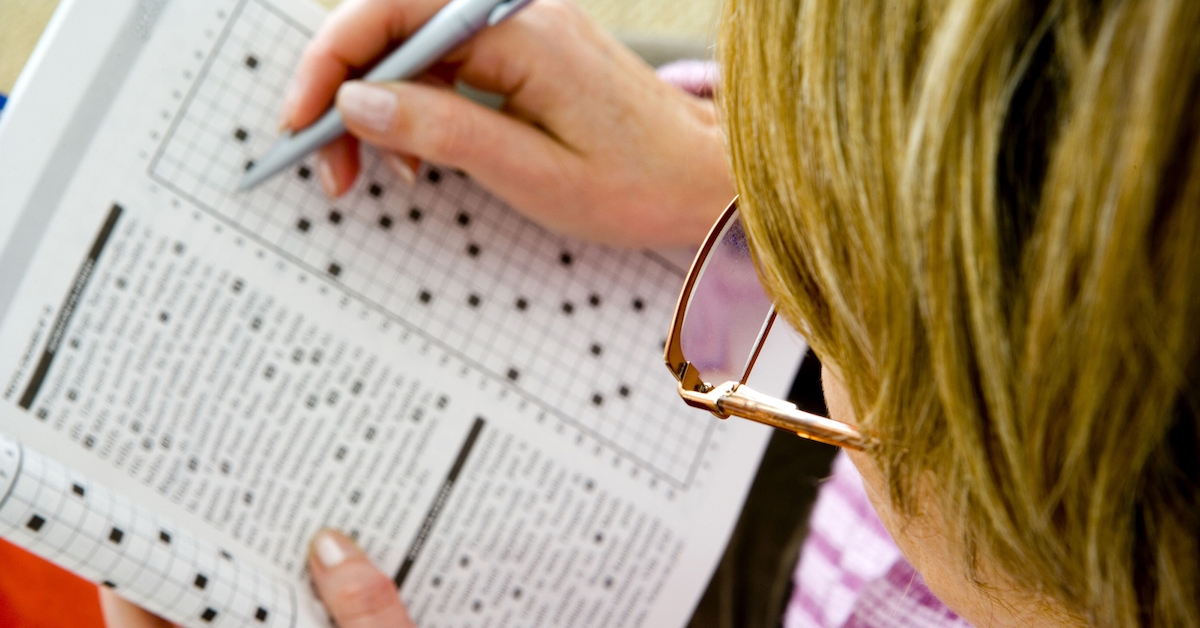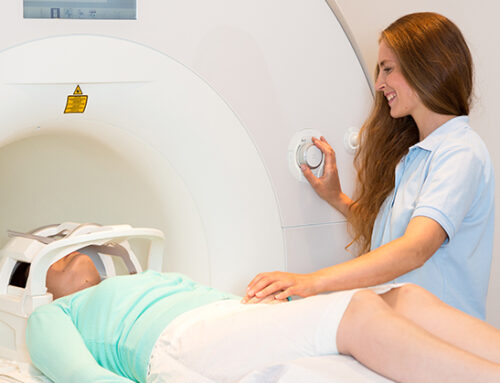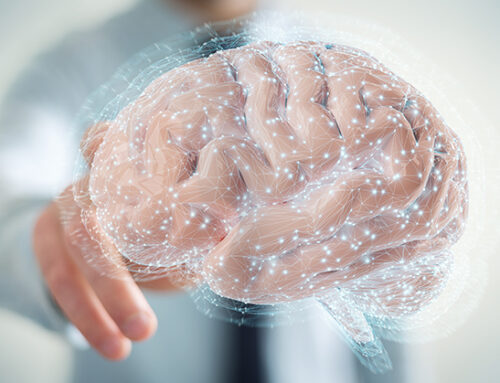The brain may not be a muscle, but many scientists believe you can exercise it and train it to stay in better shape much the same way.
The most familiar form of this theory is that working crossword puzzles or sudoko – on a regular basis – improves memory and cognition and may actually stave off dementia.
That idea has been around for years. But it’s been hard to confirm it. Different doctors will give you different recommendations and different studies have produced different results.
Some research has suggested that mere crossword puzzles don’t do much good, but on the other hand some experts have developed other “brain workouts” that may be more effective. So perhaps you need to have the “right” workout.
Some years ago a brain exercise program called Lumosity was sold with a big national media push. I guess it’s still around, although they had to scale back their claims after a run-in with the Federal Trade Commission.
I never tried it, but people who did told me the program was hard work.
And you’re going to find this will be the case across the board. One thing I’ve concluded for sure is you have to do the exercise – whatever it is — almost every day. Otherwise you lose the brain gains you’ve gone to some much trouble to get.
That’s why puzzles sound so attractive. At least they’re fun. But do they sharpen your memory?
New Findings on Crosswords and Memory Decline
The benefits of solving crosswords were first explored in 2003 when a research group at the Albert Einstein College of Medicine in New York discovered that a cognitively healthy man or woman aged 75 or over who solves crosswords four times a week can reduce the risk of dementia by 47% compared with those who engage in this activity just once a week.
Slashing dementia risk by nearly half deserves our attention.
In 2011, neuroscientists at the University of California San Diego found crossword puzzle participation delayed the onset of memory decline in people over 75 by 2.54 years.
Other studies since have supported the idea that solving puzzles benefits cognition, but all involved small numbers of people and the results are not totally reliable.
Now the largest and most detailed investigation has reported on how crossword and number puzzles (such as suduko) affect the brains of people aged between 50 and 93.
Researchers at Imperial College London and the University of Exeter in England recently presented two separate reports published in the International Journal of Geriatric Psychiatry.
The study was conducted online so the participants could take part without having to leave home. Each of 19,078 healthy volunteers (average age of 62) reported on how often they engaged in puzzles. Their puzzle habit ranged from never to more than once a day. They also undertook a series of tests that measured 14 different cognitive processes.
Better Speed and Accuracy
The researchers found the more people puzzled the better they performed on tasks that assessed reasoning, attention and memory.
For each measure, the performance of those who never or hardly ever solved a puzzle was poorer than virtually all the rest, with the greatest differences seen in measures of speed and accuracy.
The researchers calculated that word puzzle fans can boast of brain function equivalent to an average person ten years younger than their age when it comes to grammatical reasoning — the ability to reason about relationships among objects.
On tests measuring short term memory, crossword solvers were eight years younger than their age.
Those engaging in number puzzles more than once a day had superior cognitive performance on ten core measures compared with all other frequency groups.
While Dr. Anne Corbett, who led the study, admitted that their research provides a snapshot in time and couldn’t demonstrate that solving puzzles reduces the risk of dementia, she said it “supports previous findings that indicate regular use of word and number puzzles helps keep our brains working better for longer.”
Experts Not Impressed
My first reaction was to wonder if the kind of people who do puzzles tend to be more intelligent and educated in the first place. It’s well known that people who mentally challenge themselves in multiple ways throughout their lives are less likely to fall victim to dementia.
It turns out many professional scientists had similar thoughts. . .
A number of experts were asked their opinion of the study. They all pointed out shortfalls in methodology involving factors that include education, income and health. These could have distorted the findings.
Til Wykes, Professor of Clinical Psychology and Rehabilitation, King’s College London, was the most damning, saying, “Data quantity does not trump data quality. Biased data can only produce biased results.”
Oliver Braddick, Emeritus Professor of Experimental Psychology, University of Oxford, said that while a correlation between puzzle-solving and cognitive performance was demonstrated, “this could just as well result from those with ‘sharper brains’ being more likely to want to do puzzles, as the puzzles having any causative role. It’s likely that you won’t do puzzles so often if you find you aren’t very good at solving them.”
Perhaps we should heed the advice of Robert Howard, Professor of Old Age Psychiatry, University College London. In his opinion, “If people enjoy doing crosswords or Sudoku, that’s fine. But, this is the only reason to engage with these hobbies as there is no good evidence that they will protect you from cognitive decline or dementia.”
At least, not yet.
- https://www.nejm.org/doi/10.1056/NEJMoa022252?url_ver=Z39.88-2003&rfr_id=ori:rid:crossref.org&rfr_dat=cr_pub%3dwww.ncbi.nlm.nih.gov
- https://www.ncbi.nlm.nih.gov/pmc/articles/PMC3885259/
- https://www.ncbi.nlm.nih.gov/pubmed/30443984
- https://www.ncbi.nlm.nih.gov/pubmed/30746778
- http://www.exeter.ac.uk/news/research/title_716265_en.html







